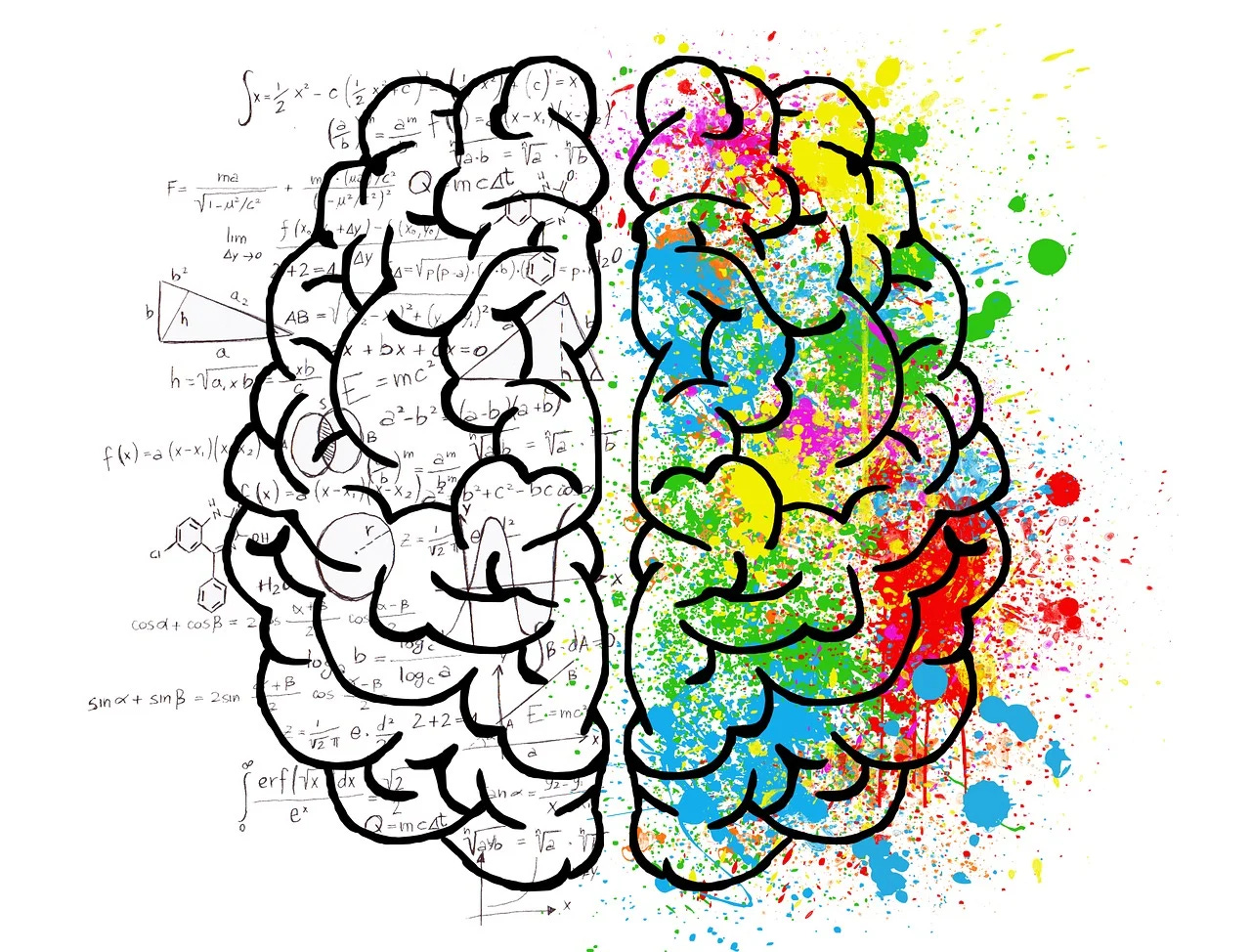My Most Recent Podcast
As a kid, my friends and family made fun of me for my long nose. So, its only fitting that I would take a keen interest in smell!
My most recent guest on Brave New World was Dmitry Rinberg, better known as Dima, who is a professor and smell researcher at the NYU Langone Medical Center, where he runs the Rinberg Lab. Dmitry has been studying olfaction for two decades. I started working with him recently on olfaction through one of my PhD students in Data Science. It’s a fascinating area.
If you haven’t read Perfume by Patrick Susskind, you should. It will change the way you think about olfaction. Its protagonist is Jean-Baptiste Grenouille in 18th-century France. Grenouille was orphaned after his mother was executed for infanticide for tossing him into a pile of putrid waste. Miraculously, Grenouille survived and emerged with an exceptional sense of smell, which he used for manipulation and evil. I couldn’t put the book down. I’ve been trying to track down Patrick Susskind, who I would love to have as a guest on Brave New World, but evidently he’s a complete recluse.
Ever since I read Perfume, decades ago, I’ve been fascinated by smell. I hitch-hiked from Kabul to London when I was 19, and I recall that every city -- Tehran, Mashhad, Istanbul, Budapest, Berlin, Prague, Florence, Paris and London smelled unique. It was the confluence of aromas from the breads, food, people, soil, and vegetation that gave them a distinct identity. The memories have faded, but I suspect some of them would return in a flash with the right whiff.
Olfaction research is in its early innings, but we are making good progress towards understanding how smell works in biology, and are now beginning to develop an “electronic nose.” Such a nose will have applications in many areas, including medicine, security, and product safety. It will be able to tell when something doesn’t “smell right,” like Oscar the cat who could sense death in a nursing home. Whenever Oscar sniffed the air, craned his neck and curled up next to a patient, it was a sure sign of impending death. Recently, a woman whose husband was diagnosed with Alzheimer’s developed the ability to smell the disease in humans. Imagine a world with machines that smell.
So, tune into my conversation with Dima if you want a deeper dive into smell.
The Disruption of Human Creativity
Last week, a reporter asked me what I thought about the Hollywood writers’ strike in light of ChatGPT. Writers are demanding higher payments, ongoing fees for shows that turn into hits, and a minimal level of writers to be employed by the studios. I feel for them, but the fact is that most of them are about to lose their jobs to AI.
We sometimes forget that with tech disruptions, what was previously scarce becomes plentiful. Writing good scripts is challenging and very time consuming for humans. Until a few months ago, it was impossible for machines to write at all. That changed in a flash. The fact that machines now speak fluent English makes them writers. But are they any good?
The quality of ChatGPT’s output varies. It depends on how it is probed. The machine has access to virtually everything that has ever been published. Its knowledge base is growing rapidly by the day. Its knowledge base dwarfs that of the most talented humans. Ask the machine to create a script for, say, Play It Again Sam that’s set in Harlem in 2023. I tried it. It’s phenomenal. You can change any of the parameters, such as location, time, and language. Soon you’ll be able to set it in Bombay and generate a Hindi version, customized for the local population.
When the visual equivalent of ChatGPT emerges, you’ll be able to tell the machine to make the movie for you as well, using synthetic actors to maximize engagement. Ultimately, it could serve up an individualized version for you specifically. That will be curtains for the studios, and a lot of actors as well. Paul Simon noted that “every generation throws a hero up the pop charts.” The future heroes might be robots!
Just like Internet platforms such as Google, Tiktok, Facebook and Netflix can serve up virtually any amount of supply required to meet demand. ChatGPT has similarly created an infinite supply of creative material on-demand at close to zero marginal cost. All you need is to prompt it appropriately.
A very likely future is that AI will displace all but the most exceptional humans in many areas of our lives. However, those who survive will be have an amazing tool at their aid, and will combine their inherent talent with the wisdom they are able to extract from ChatGPT’s ever-expanding knowledge base. In effect, while previous technologies freed humans from grunt work, AI is becoming capable of all kinds of creative work. For humans, this will require constant upskilling. That’s a tall order for a lot of people, for whom Universal Basic Income will be a godsend. Andrew Yang should take another shot at the presidency. He sees the writing on the wall.




